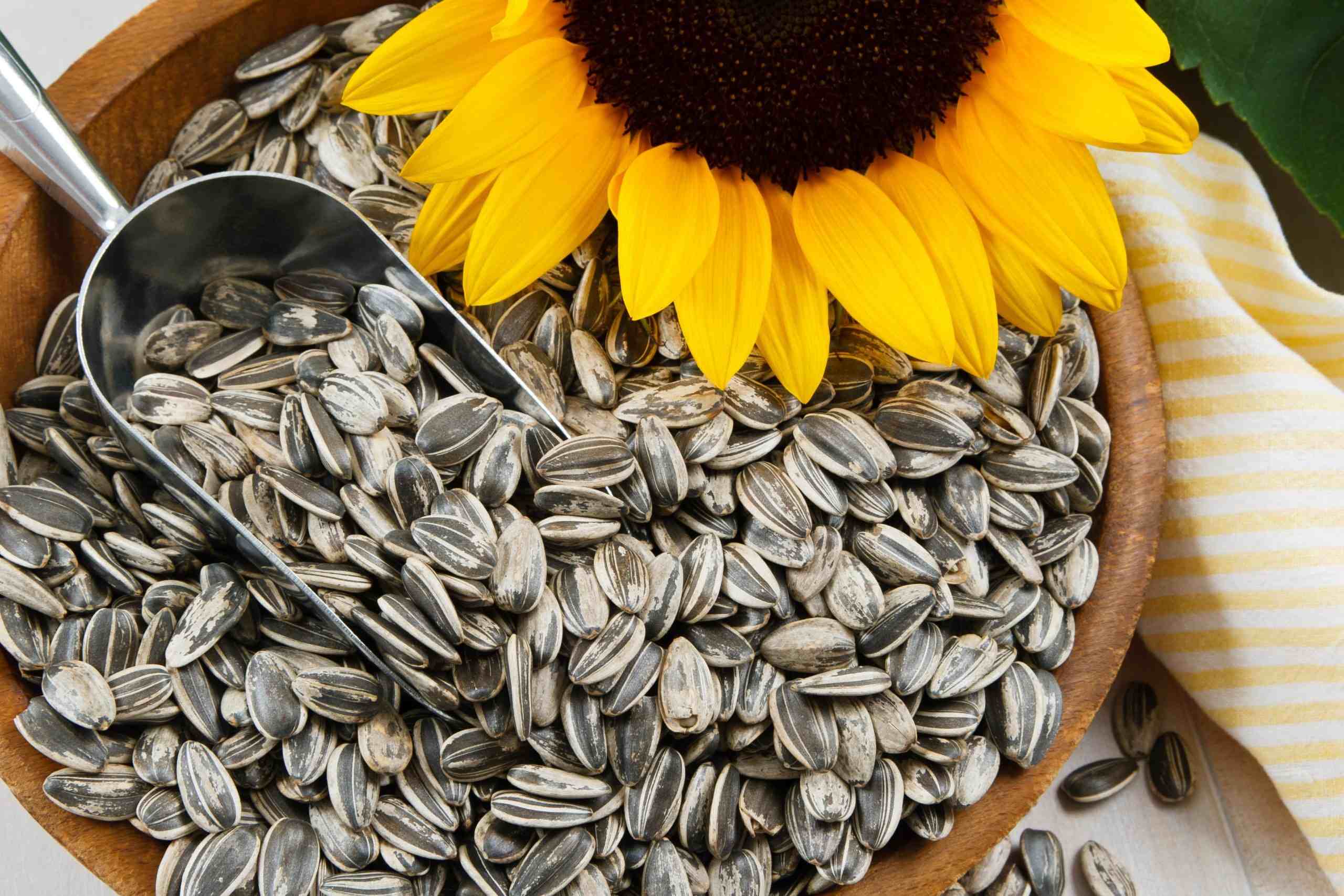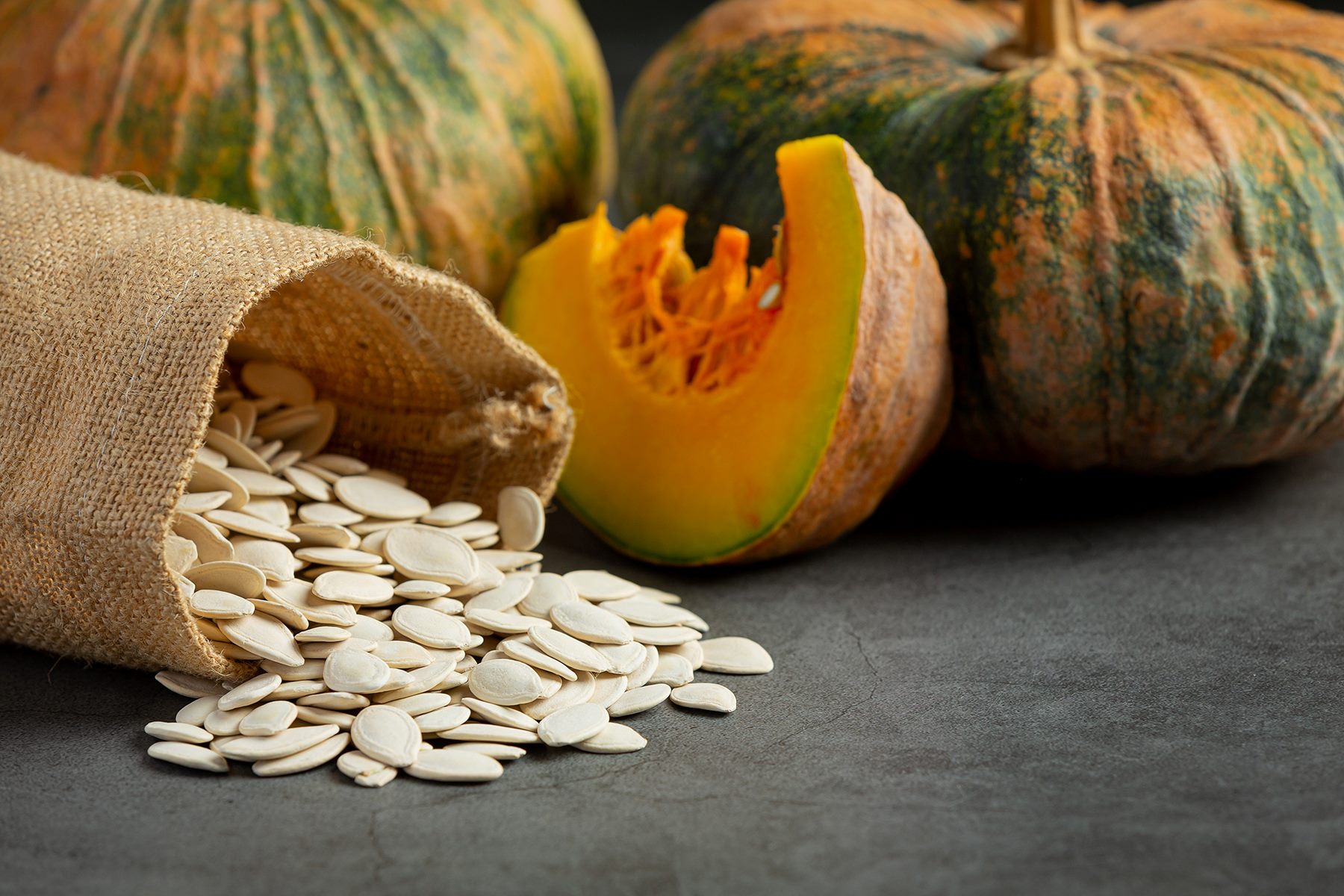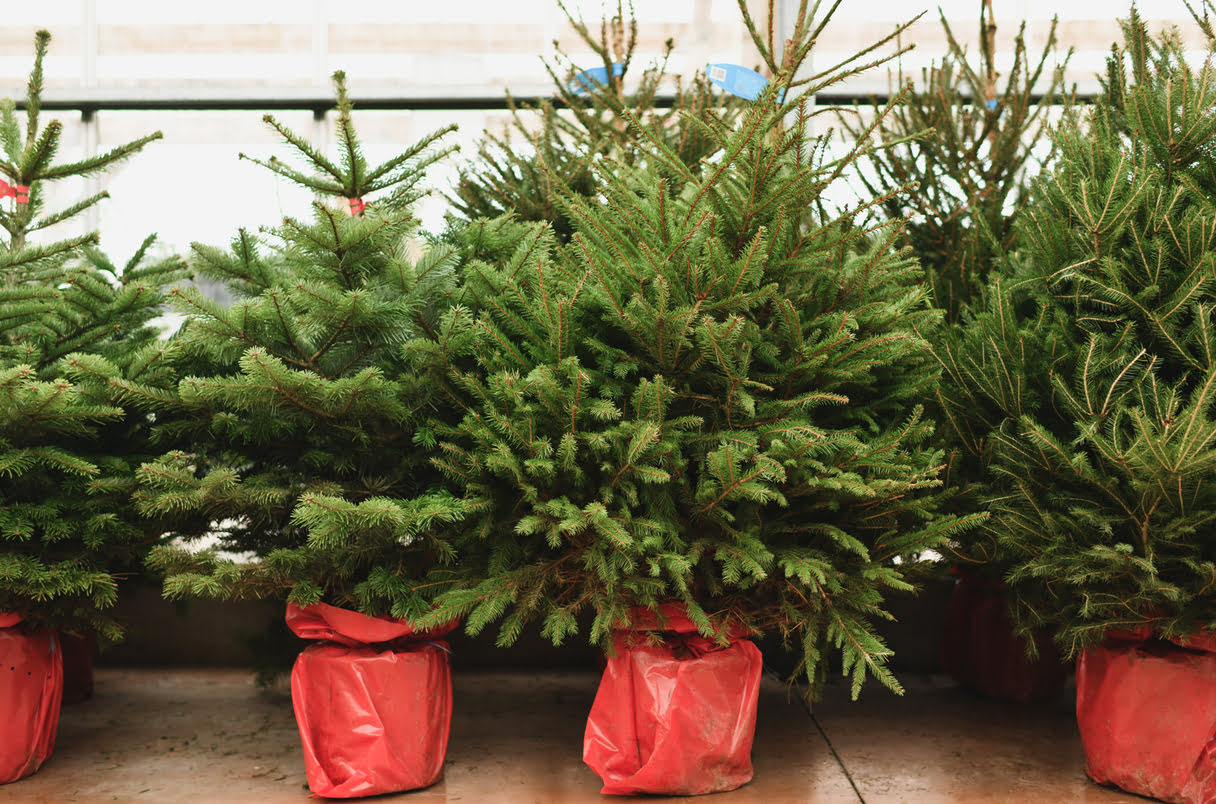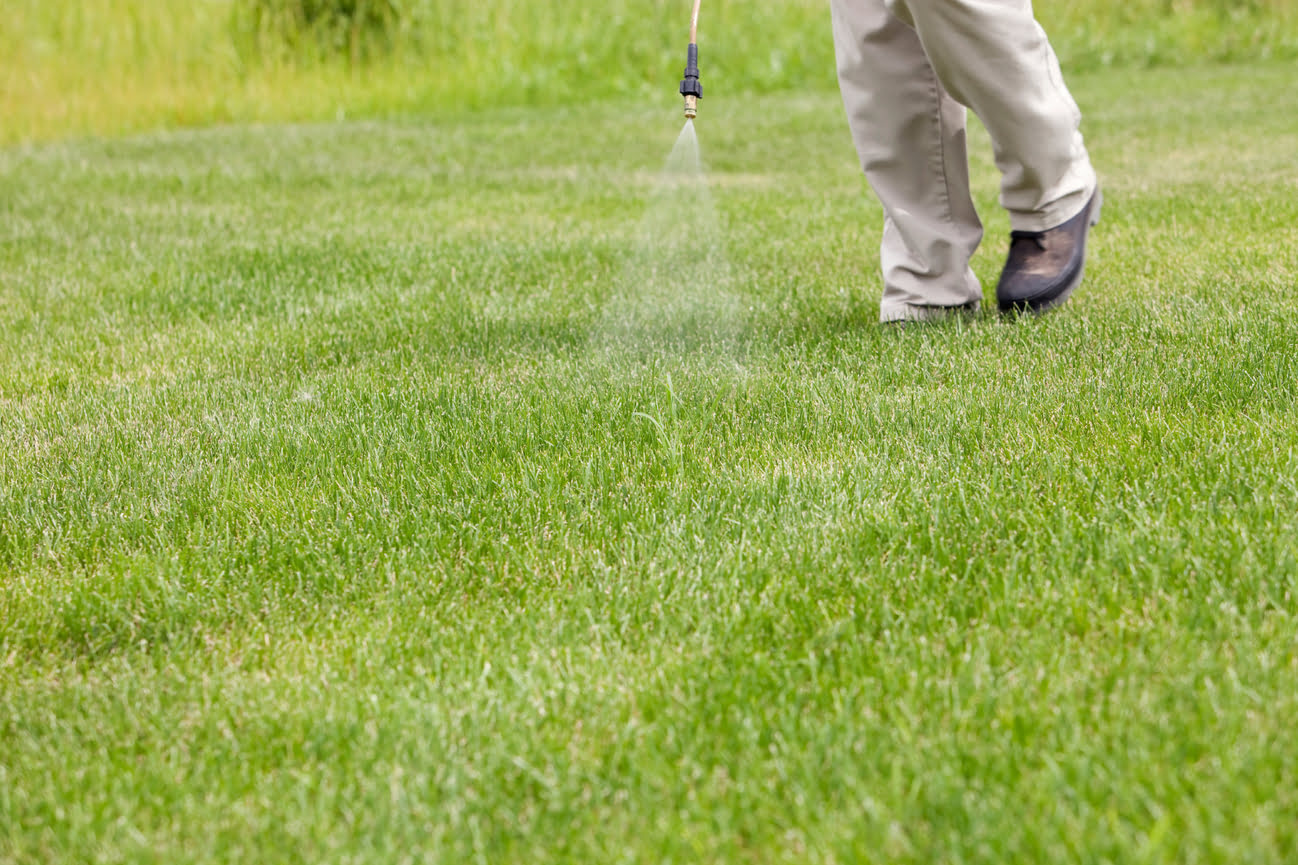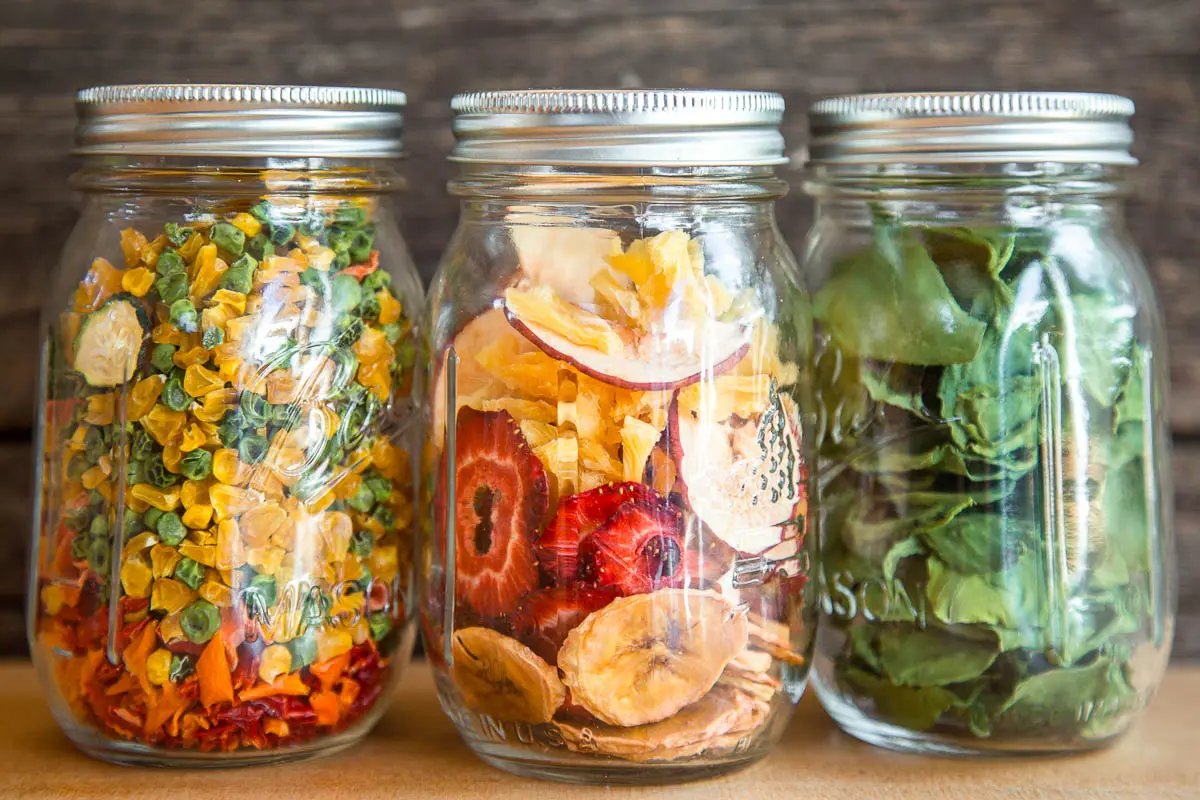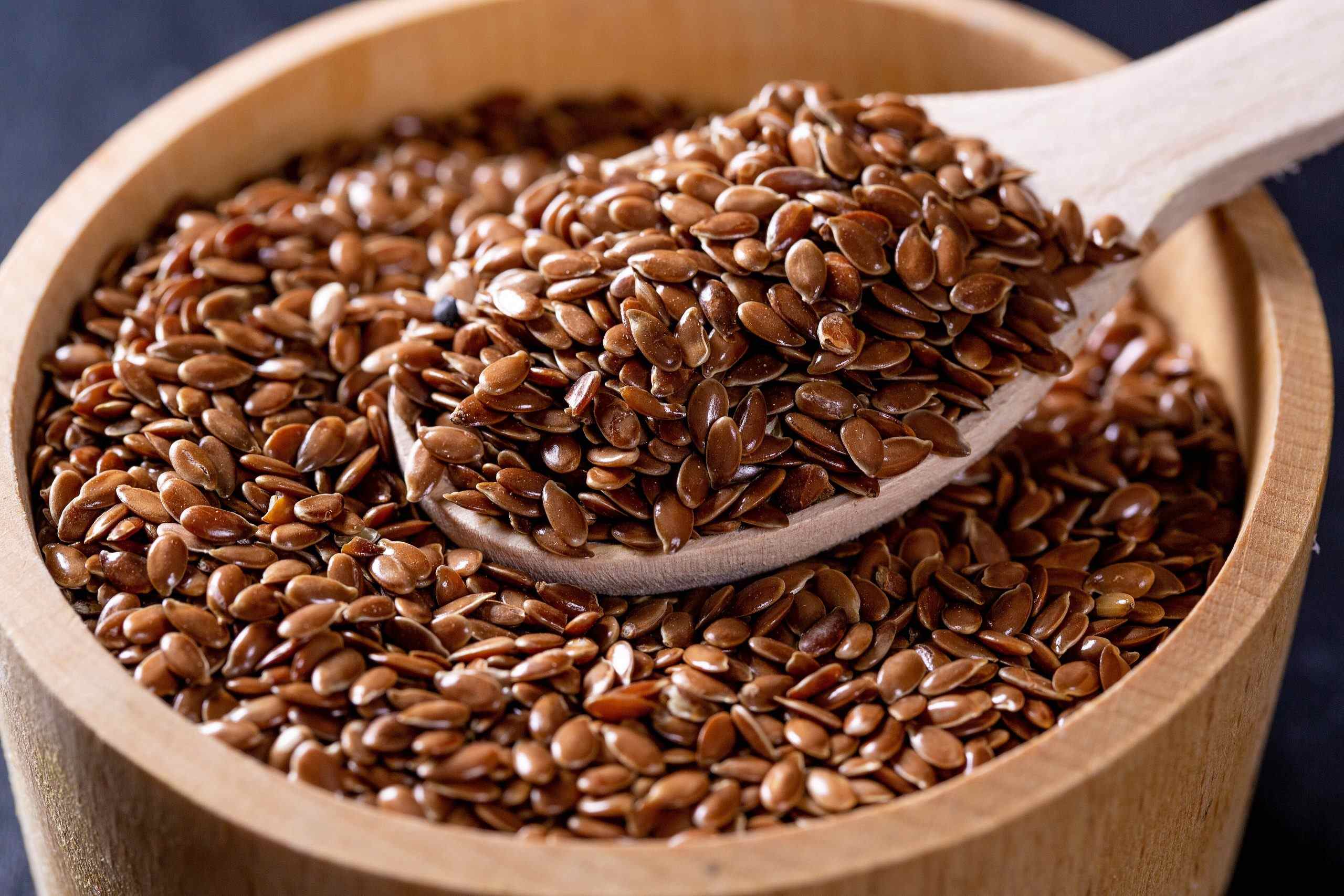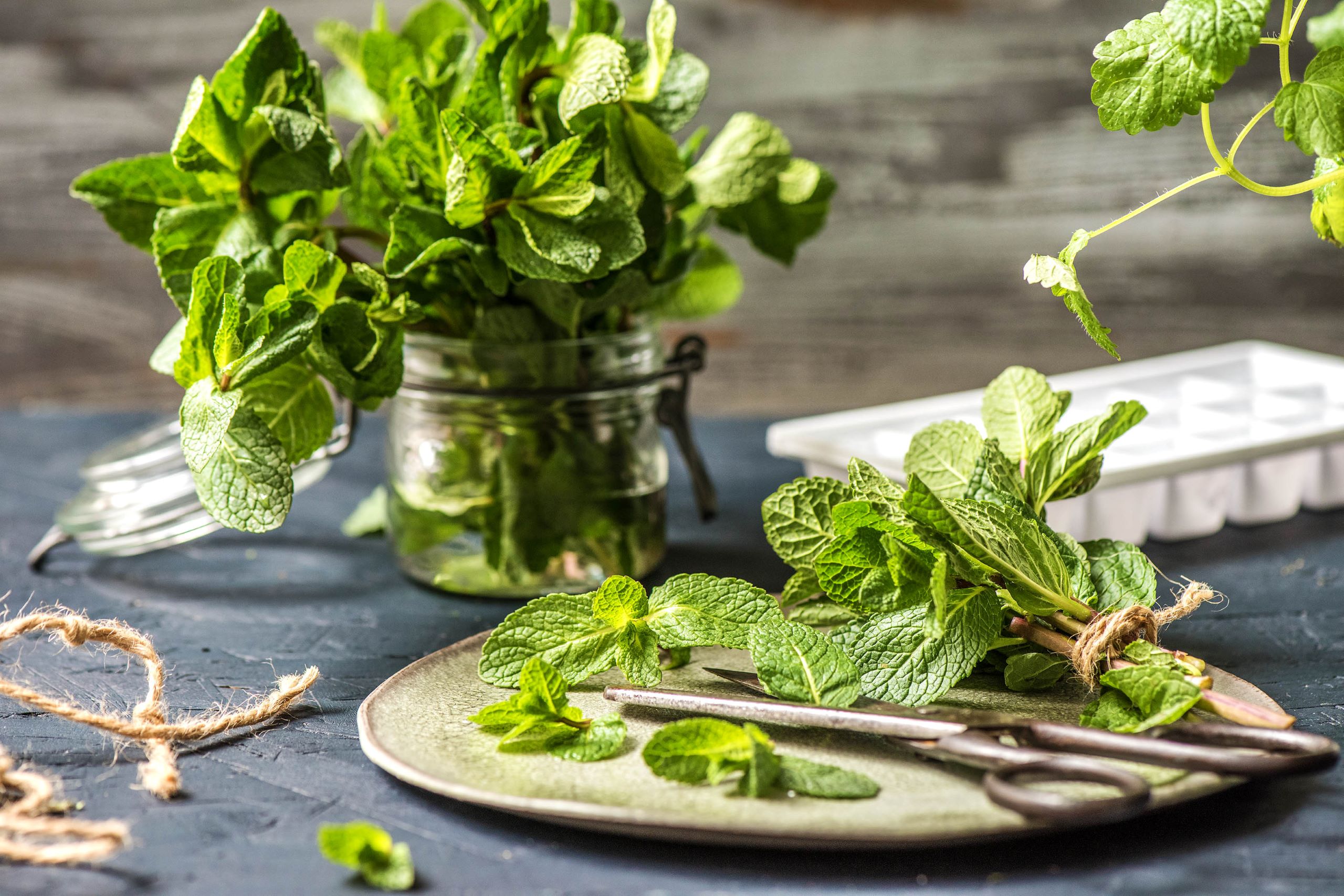Home>Gardening Tips and Tricks>How Long Do Backyard Chicken Eggs Last
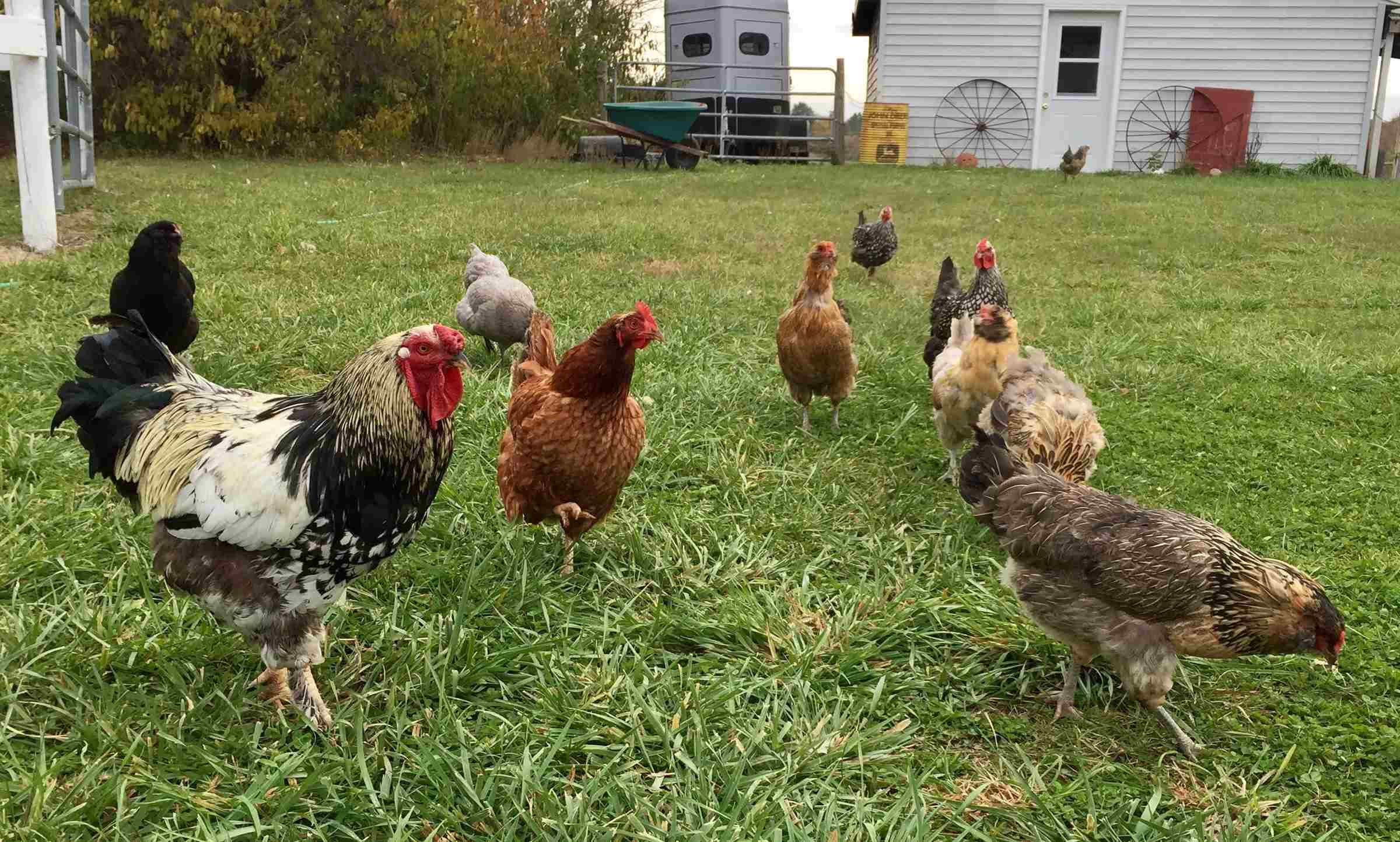

Gardening Tips and Tricks
How Long Do Backyard Chicken Eggs Last
Published: August 5, 2023
Discover the secrets to maximizing your backyard chicken egg yield and learn how long fresh eggs can last for optimal freshness.
(Many of the links in this article redirect to a specific reviewed product. Your purchase of these products through affiliate links helps to generate commission for Chicagolandgardening.com, at no extra cost. Learn more)
Table of Contents
Introduction
Welcome to the wonderful world of backyard chicken eggs! Whether you’re a seasoned chicken keeper or a newbie to the world of raising poultry, chances are you’ve come to appreciate the deliciousness and nutritional value of fresh eggs from your feathered friends. But have you ever wondered how long those backyard chicken eggs actually last?
The lifespan of backyard chicken eggs is influenced by various factors, including the age of the egg, the way they are stored, and the overall freshness. Understanding the factors that affect egg shelf life and knowing how to properly store them can help you maximize the use of your eggs and minimize waste.
In this article, we will dive into the fascinating topic of backyard chicken egg shelf life. We will explore the different factors that impact how long eggs remain fresh and share some expert tips for extending their shelf life. So, whether you have a bustling flock of hens or you’re considering getting started with backyard chickens, let’s unravel the mystery of egg freshness and longevity!
Factors Affecting Egg Shelf Life
Several factors come into play when considering the shelf life of backyard chicken eggs. The following are key factors that can significantly impact the longevity and quality of eggs:
- Egg Age: The age of an egg plays a crucial role in determining its shelf life. Generally, the fresher the egg, the longer it will last. Freshly laid eggs have a protective coating on the shell called the bloom, which helps reduce moisture loss and keeps out bacteria. As eggs age, this protective coating gradually diminishes, making them more susceptible to bacteria and spoilage.
- Storage Temperature: The storage temperature of eggs is critical for maintaining their quality and prolonging their shelf life. Eggs should be stored at a consistent temperature of around 40°F (4°C) to slow down the growth of bacteria and prevent spoilage. Fluctuations in temperature can speed up the deterioration of eggs and decrease their freshness.
- Humidity: Humidity levels can affect the moisture content of eggs, which can impact their freshness. Eggs with higher humidity levels tend to lose moisture more slowly, helping to preserve their quality. On the other hand, low humidity can cause eggs to dry out, making them more prone to spoilage.
- Handling: The way eggs are handled and treated can have a significant impact on their shelf life. Rough handling or dropping can cause small cracks or damage to the shell, which can lead to bacterial contamination and spoilage. It is important to handle eggs with care and avoid unnecessary roughness.
- Washing: The decision to wash or not wash eggs can affect their shelf life. Freshly laid eggs have a natural protective coating called the bloom, which helps keep out bacteria. Washing eggs removes this protective coating, making them more vulnerable to bacteria infiltration. However, if eggs are visibly soiled, it is recommended to wash them with warm water and mild detergent just before use.
Understanding these factors can help you make informed decisions about how to store and handle your backyard chicken eggs to maximize their shelf life. In the next section, we will delve into specific storage considerations to keep your eggs fresh and delicious for as long as possible.
Storage Considerations
Proper storage is essential for maintaining the quality and extending the shelf life of backyard chicken eggs. Here are some important storage considerations to keep in mind:
- Refrigeration: Storing eggs in the refrigerator is the best way to maximize their shelf life. The cool temperature of the refrigerator helps slow down the growth of bacteria and keeps eggs fresher for a longer period. Make sure to place the eggs in the main body of the refrigerator, as the door tends to experience temperature fluctuations.
- Storage Container: It is important to store eggs in a clean and appropriate container. A dedicated egg carton or container with a lid can help protect eggs from breakage and minimize exposure to odors and moisture. Avoid using containers with strong-smelling foods, as eggs can absorb odors easily.
- Position: Storing eggs with the pointed end down can help preserve their quality. The air cell inside the egg sits at the wider end, and storing the eggs with the pointed end down can help prevent the air cell from expanding and exposing the egg to bacteria.
- Separate from Other Foods: Store eggs away from strong-smelling foods like onions or garlic, as eggs can absorb these odors easily. Additionally, keep eggs separate from raw meat and poultry to prevent cross-contamination.
- Don’t Wash Until Use: As mentioned earlier, washing eggs removes the natural protective bloom. Avoid washing eggs until you are ready to use them. If an egg is visibly dirty, gently wipe it clean with a dry cloth before transferring it to your storage container. However, it’s best to avoid washing eggs altogether if possible.
By following these storage considerations, you can help maintain the freshness of your backyard chicken eggs and extend their shelf life. In the next section, we will explore the signs of egg spoilage, so you know when it’s time to discard an egg.
Signs of Egg Spoilage
Knowing how to identify signs of egg spoilage is crucial for ensuring the safety and quality of your backyard chicken eggs. Here are the key indicators that an egg has gone bad:
- Off Odor: One of the most prominent signs of egg spoilage is a foul or unpleasant odor. Fresh eggs should not have any noticeable smell, so if you detect a strong, sulfur-like or rotten smell, it’s a clear indication that the egg has spoiled.
- Strange Appearance: Visually inspect the egg for any unusual changes in appearance. A fresh, viable egg should have a clean, intact shell. If you notice any cracks, leaks, or discoloration, it could be a sign of spoilage. Additionally, if the egg white appears watery or the yolk is discolored or flattened, it’s best to discard the egg.
- Float Test: Another common method to check the freshness of an egg is the float test. Fill a bowl with water and gently place the egg inside. A fresh egg will sink and lay on its side at the bottom of the bowl. However, if the egg floats or stands upright, it is an indication that gas has built up inside, and the egg is no longer fresh.
- Unusual Texture: A spoiled egg may have a slimy or rubbery texture when you break it open. The egg white and yolk may be runny and mixed together rather than separate and firm as they should be in a fresh egg.
- Cracking: If you notice any cracks in the shell or a broken egg, it’s best to discard it. Cracks can provide an entry point for bacteria, increasing the risk of contamination and spoilage.
It’s important to note that consuming a spoiled egg can pose health risks, as it may contain harmful bacteria. When in doubt, it’s always better to err on the side of caution and discard any eggs that show signs of spoilage.
Now that you are equipped with the knowledge of identifying spoiled eggs, the next section will explore helpful tips on how to extend the shelf life of your backyard chicken eggs.
How to Extend Egg Shelf Life
While the freshness of backyard chicken eggs naturally decreases over time, there are several strategies you can implement to extend their shelf life and maximize their usability. Here are some helpful tips:
- Collect Eggs Promptly: Collect eggs from the nesting boxes as soon as possible to minimize exposure to environmental factors. The longer eggs sit out, the quicker they can deteriorate.
- Store Unwashed: As mentioned earlier, the natural bloom on eggs helps protect them and keep out bacteria. Avoid washing eggs until you are ready to use them. If needed, gently wipe off any visible dirt with a dry cloth instead of washing.
- Refrigerate Immediately: Place eggs in the refrigerator as soon as possible after collection. The cool temperature of the fridge will slow down bacterial growth and help preserve freshness. Remember to store them in the main body of the refrigerator, away from temperature fluctuations in the door.
- Use the Oldest Eggs First: When you have multiple eggs at different ages, it’s a good practice to use the oldest eggs first. By rotating your egg inventory, you can ensure that no eggs are left unused for an extended period, reducing the risk of spoilage.
- Avoid Extreme Temperatures: Avoid exposing eggs to extreme temperatures, such as direct sunlight or freezing temperatures. These extremes can cause condensation or rapid temperature changes that can compromise egg quality.
- Crack Eggs Into Separate Container: If you want to extend the shelf life of eggs that are nearing their expiration date, crack them into a separate container instead of storing them in the shell. This way, you can use them for various recipes before they spoil, rather than discarding unused eggs.
- Consider Freezing: If you have an abundance of eggs, you can consider freezing them. However, it’s important to note that freezing can affect the texture and quality of eggs. To freeze eggs, crack them into an airtight container or freeze them in ice cube trays for easier portioning.
By implementing these strategies, you can help extend the shelf life of your backyard chicken eggs and minimize waste. Remember to always practice proper food safety guidelines and trust your instincts when it comes to the freshness of eggs.
Now that you have a comprehensive understanding of factors affecting egg shelf life, storage considerations, signs of spoilage, and ways to extend shelf life, you can confidently enjoy the deliciousness of your backyard chicken eggs for longer periods.
Conclusion
Backyard chicken eggs are a delightful and nutritious addition to any kitchen. Understanding how to maximize their shelf life is key to ensuring their freshness and minimizing waste. By considering factors such as egg age, storage temperature, humidity, handling, and washing, you can prolong the longevity of your eggs.
Proper storage practices, such as refrigeration, using an appropriate storage container, storing eggs pointed end down, and keeping them separate from strong-smelling foods, can significantly contribute to extending the shelf life of your eggs. Additionally, being aware of the signs of spoilage, such as off odor, strange appearance, and unusual texture, helps you determine when an egg is no longer fit for consumption.
Implementing simple strategies like collecting eggs promptly, storing unwashed, refrigerating immediately, using the oldest eggs first, and cracking eggs into a separate container can help extend the usability of your eggs. You can even consider freezing excess eggs for future use, keeping in mind the possible impact on texture and quality.
By following these tips and staying vigilant about egg freshness, you can enjoy the bountiful benefits of your backyard chicken eggs for longer periods. Remember, the quality and safety of eggs are paramount, so trust your senses and common sense when assessing the freshness of your eggs.
So, whether you’re baking a cake, making a delicious omelette, or simply enjoying a plate of scrambled eggs, take pride in knowing that you’ve maximized the shelf life of your backyard chicken eggs and savored every bite!

